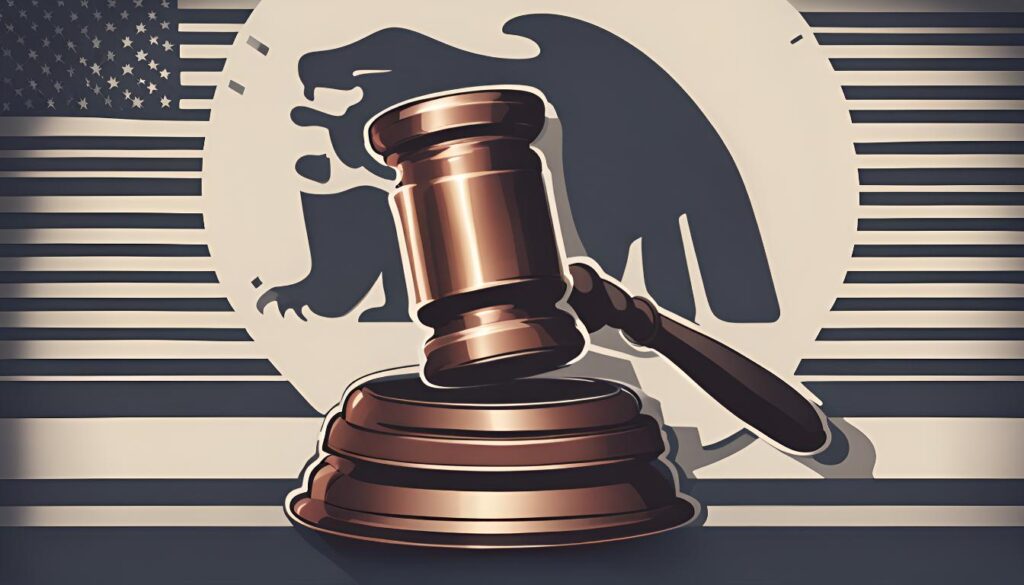
Introduction
The company is the latest in a line of tech giants that have chosen India—wwith its more than 1 billion people, many still without smartphones and stuck using older-generation mobiles with poor connection speeds—as a major battleground around which much of their future growth must hinge. In India, a country that is home to overlapping universes of use cases and platforms, the messaging app molecule has partially withstood. But some more recent revelations understandably garner attention for the newfound dark side of using Telegram: According to reports out of the country, the Indian government is contemplating a ban on Telegram over concerns for national security and its enabling power in aiding illegal activities. If the government blacklists cryptocurrencies, then not only will you be risking your assets when you trade them in digital currencies, but it has also ignited a larger debate about privacy and freedom of speech as well as future avenues for communication on this new internet.
Background
Telegram, from the house of the Durov brothers, was launched in 2013 and has gained global popularity and a considerably high user base in India. Known for prioritizing privacy and security, the app has long offered end-to-end encryption and self-destructing messages. It has millions of users in India, from common people to businesses, communities, and activists. It has become widely used to share information, group chat, and organize events, with features such as large group chats and channels.
But what makes Telegram special has also come under scrutiny. The encryption in the app and the ability to create anonymous accounts have led the UK’s interior ministry groups to call on terrorist apologists for a change in how messages can be sent around the world with said platform. In the past, other messaging apps like WhatsApp have come under fire and even temporary bans in India for similar reasons, notably the quick spread of fake news and the difficulty of tracing nefarious activities.
Why the government banned it
The Telegram issues are mostly in the category of national security as far as the Indian government is concerned. Thanks to its robust encryption, Telegram has become a favorite messaging platform for users who wish to communicate with little risk that their messages will leave any digital traces behind. So not just activists or privacy advocates, but also those who engage in illegal activities like drug trade and even terrorists. Growing concern about the inability of the government to keep an eye on such activities has increased calls for stricter regulations against these platforms.
A key issue is also the new wave of misinformation that it can unleash. A telegram environment where large groups and channels can broadcast information quickly to hundreds or thousands of people is an extraordinarily effective tool for fake news propagation. For a country as varied and dense as India, rumors can result in violence and public riots. Many have also called for a ban, arguing that the government is unable to work with Telegram to combat these problems due to its perceived lack of cooperation.
Impact of the Ban on Users
A ban would have major ramifications for its 200–300 million user base in India. More than a mere messaging service, the site has embedded itself into how so many people converse, conduct business, and spread information. Telegram allows businesses, especially small and medium enterprises (SMEs), to efficiently access their customers with low costs. The service is used by communities and social groups to organize events, share information, etc.
The ban would cut off a crucial service of communication to many people. There are even alternatives like WhatsApp and Signal, but they may not be as powerful or provide the same level of anonymity that Telegram offers. This change would ensure that the contingency is not there, while communicating and running your business may also halt for those of you who use TikTok frequently.
Reactions to the Ban
The fear of the proposed ban has caused a stir throughout the nation. Several users and digital rights activists have raised concerns about the impact of such a move on freedom of speech and digital rights in India. While the significance of national security is not downplayed, lowering a heavy hand on Telegram could indeed mean something else for internet freedom in the country.
The ban has also created broader implications for digital rights organizations. They say that could trigger greater censorship and a smaller variety of voices to be heard on the web. It may also negatively affect India’s image as a digital powerhouse, which will mean fewer tech investments in the peripheries.
Telegram, meanwhile, hasn’t said much about the matter, but it’s probably going to have a good time in court if something does come of this ludicrous plan by our very own government. These bans have been blocked in the past after being challenged in court (without much public notice), so more are yet to come.
Future Implications
The case of Telegram being banned in India is not about just a single app; it’s more like a war between privacy and national security within the so-called digital era. This will pave the way once Telegram is banned in India or any other country for that matter, and had it ever happened, remember, all hell would break loose by Tencent taking over for similarly motivated actions against experiences with encryption and user empowerment features. As a result, this could work as a dampener on digital innovation and new technology development in India.
It is also a reminder of the debate over national security versus individual privacy and freedom of expression. However, as it tries to balance these challenges, the government needs to find a solution that provides security without whittling away at vital digital freedoms, which are essential for democracy.
Conclusion
The controversy surrounding the potential ban on Telegram in India is a serious matter and it has many implications. While the governments concerns regarding national security and illegal activities through such apps is validated, a complete ban on them might have adverse effects for not only the users but also these start-ups as Indian continues to go digital. Amid the argument it is crucial that we keep a correct balance, in other words: how to assure security and at the same time protect basic freedoms of any democratic system. How the two square up to one another in India could well determine the future of digital communication.
